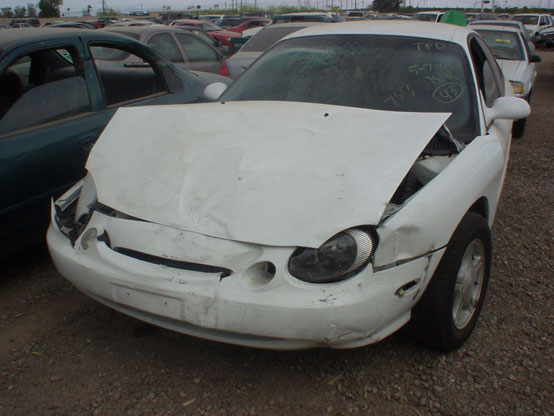This semester I am taking a German class. And I'm kicking its butt! However, things are starting to get a bit interesting, so in hopes of "studying" for my class, I'll be posting more and more on this blog. Let's call it mutually beneficial.
Tonight's topic is German Separable Prefix Verbs. We have them in English: to wake up, to tidy up, etc. In German, they function a bit differently, however. Let's get to our 12 verbs (plus three extra for good measure):
- abholen (to pick up): Ich hole dich um 6 Uh ab.
- anfangen (to begin): Wann fängt die Vorlesung an?
- anrufen (to call up): Ich rufe dich morgen an.
- aufräumen (to straighten up): Er räumt sein Zimmer auf.
- aufstehen (to get up): Er steht um 9 Uhr auf.
- aufwachen (to wake up): Wann wachst du gewöhnlich auf?
- ausgehen (to go out): Er geht oft allein aus.
- einkaufen (to shop): Herr Lerche kauft immer morgens ein.
- einladen (to invite): Ich lade dich zum Essen ein.
- einschlafen (to fall asleep): Ich schlafe gewöhnlich nicht vor Mitternacht ein.
- mitbringen (to bring along): Ich bringe eine Pizza mit.
- mitkommen (to come along): Kommst du mit?
- vorbeikommen (to come by): Wir kommen Sontag vorbei.
- vorhaben (to plan to do): Was hast du heute vor?
- zurückkommen (to come back): Wann kommst du zurück?
Have you picked up on the trend yet? If not, it's quite simple. The verb consists of a prefix in the form of a preposition. In the infinitive they are combined to form one word. Once you conjugate the verb, the prefix/preposition goes at the end of the clause, which in the previous cases are the end of the sentences.
Ready to practice? Write a question and its response with the following fragments, paying attention to verb conjugations and word order/syntax! Answers are below.
|
|




